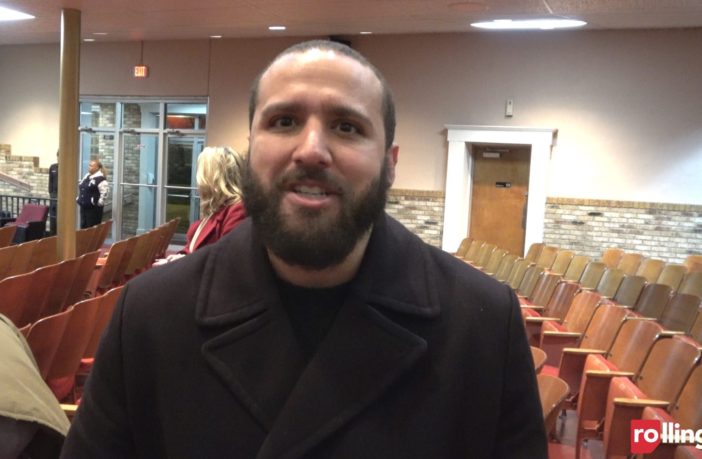For the past 10 years, Wesley Lowery has been on the road, going from city to city, funeral to funeral, and protest to protest, providing on-the-ground coverage of various racially-motivated killings throughout America.
On paper, his efforts have been applauded and recognized at the highest levels.
His work as the lead on The Washington Post‘s “Fatal Force” project, a real-time database that tracks fatal shootings by police officers, earned him and his team a 2016 Pulitzer in National Reporting. His first book, They Can’t Kill Us All: Ferguson, Baltimore and a New Era in America’s Racial Justice Movement, was a New York Times bestseller.
Beyond all the national recognition and acclaim is still a 33-year-old Black man who has dedicated the past decade of his life chronicling families and communities as they mourn these tragedies and cry out to the public, searching for just an ounce of hope for a better future in America. It’s a heavy task for anyone to bear, and before he left the historic Mason Temple in Memphis on Jan. 31 to continue working on America’s latest police brutality case against Tyre Nichols, he spoke to rolling out about how he handles it all.
What do you think about the Tyre Nichols’ situation? Do you think this is the death that brings permanent change to America?
It’s unclear yet if it’s going to be different. I think the video was clearly really inflammatory, really incendiary. People were very upset by it.
However, many of the elements of what was in the video have appeared in other videos, there have been many moments like this. Whether it be in Minneapolis, whether it be in Ferguson and Baltimore. So it’s unclear unless there’s the political will to do something. What I think is most likely is we’re going to see some reforms, some hard activism here in Memphis, ut will we solve this problem? Will we prevent them from being another Tyre Nichols? That seems unlikely.
How do you protect your mental health after doing this for the past decade?
I think a big part of it is trying to make sure to have some perspective. Unplugging. Not watching every video, not hyper-focusing on every single case, that’s impossible. Understanding that each of us has an individual contribution. It doesn’t fall on any one of us to completely change a system, or to tell every story or to write everything. I think that’s a big part of it, is trying to keep everything in perspective.
What advice do you have for young journalists?
I tell them always to practice to put in repetitions. Write every day, because the great things about our profession with writing, interviewing, and reporting, are things you can practice and you can start doing when you’re young.
No one can stop you from doing them and from getting good at them.



